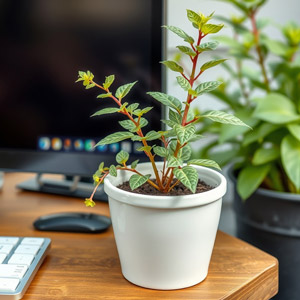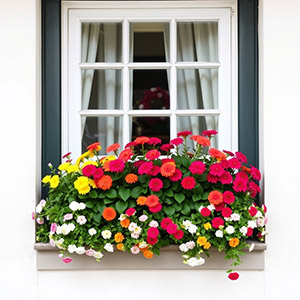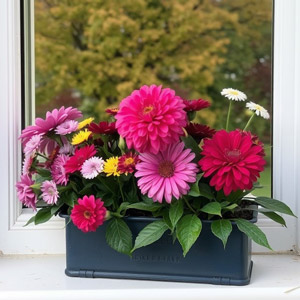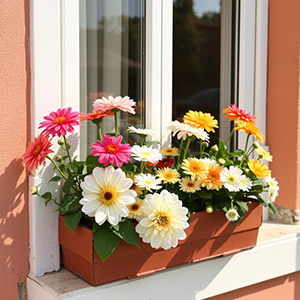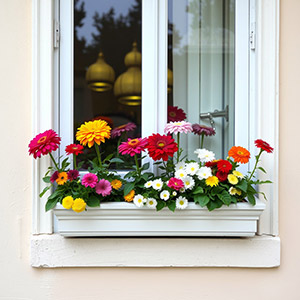
Creative Combinations: Plant Pairings for Window Boxes
Selecting appropriate combinations of plants for window boxes can turn even the smallest ledge into a colorful centerpiece. Window boxes provide a great chance to highlight seasonal appeal, but the secret to an attractive arrangement is in smart pairings. Mid-way through designing, choosing appropriate window boxes is as essential as choosing plants. An effective display is all about balance of texture, colour, and form. Variation in height, trailing features, and leaf contrast are all part of the gardener’s palette. Rather than concentrating on individual plants, consider combinations that complement and enhance one another’s strengths throughout the seasons.
Combining Textures and Heights
Texture adds sophistication and depth to a box window. A composition of feathery, glossy, spiky, or matte foliage can provide harmony in an unexpected way. The most interesting combinations involve layers—something upright, something mounding, something trailing.
Grasses such as Carex or Festuca add vertical energy. They couple nicely with soft domes of mini heuchera or rounded violas. Trailing ivy or creeping Jenny can cling to the edge, anchoring the arrangement. Combined, these shapes add rhythm and movement that raises the overall presentation.
Seasonal flexibility also lends even greater depth:
- Spring combines tulips with creeping thyme and pansies.
- Summer calls for a tropical look with coleus, petunias, and calibrachoa.
- Autumn is in favor of warm colors and dense textures such as sedum, ornamental kale, and tiny grasses.
- Winter bouquets can shine with bright dogwood twigs, dwarf conifers, and evergreen herbs.
Scent and Purpose: Two-In-One Combinations
Planting for fragrance and utility is another plus. Not only are sweet-scented flowers beautiful, they also add atmosphere, sometimes even repelling insects.
Here are a few of those aromatic combinations which combine beauty with functionality:
- Lavender, rosemary, and thyme
From the Mediterranean, these plants are grown in sun-drenched boxes and diffuse their soothing fragrances all day. - Scented geranium, lemon balm, and trailing mint
Perfect in a kitchen window, giving easy access to fresh herbs for garnishes and tea. - Sweet alyssum, heliotrope, and stock
These flowers present sweet-scented blooms that bring in pollinators along with their visual softness. - Basil, marigold, and nasturtium
Not only will this bed repel insects, but also provide edible flowers and leaves for the summer table. - Sage, oregano, and calendula
They are all hardy and adaptable, grow well in full sun, and serve as both cooking herbs and medicinal plants.
Arranging fragrant blends in living or working spaces where fresh air circulates through windows is particularly suitable. They provide useful advantages as well as sensory enjoyment throughout the season.
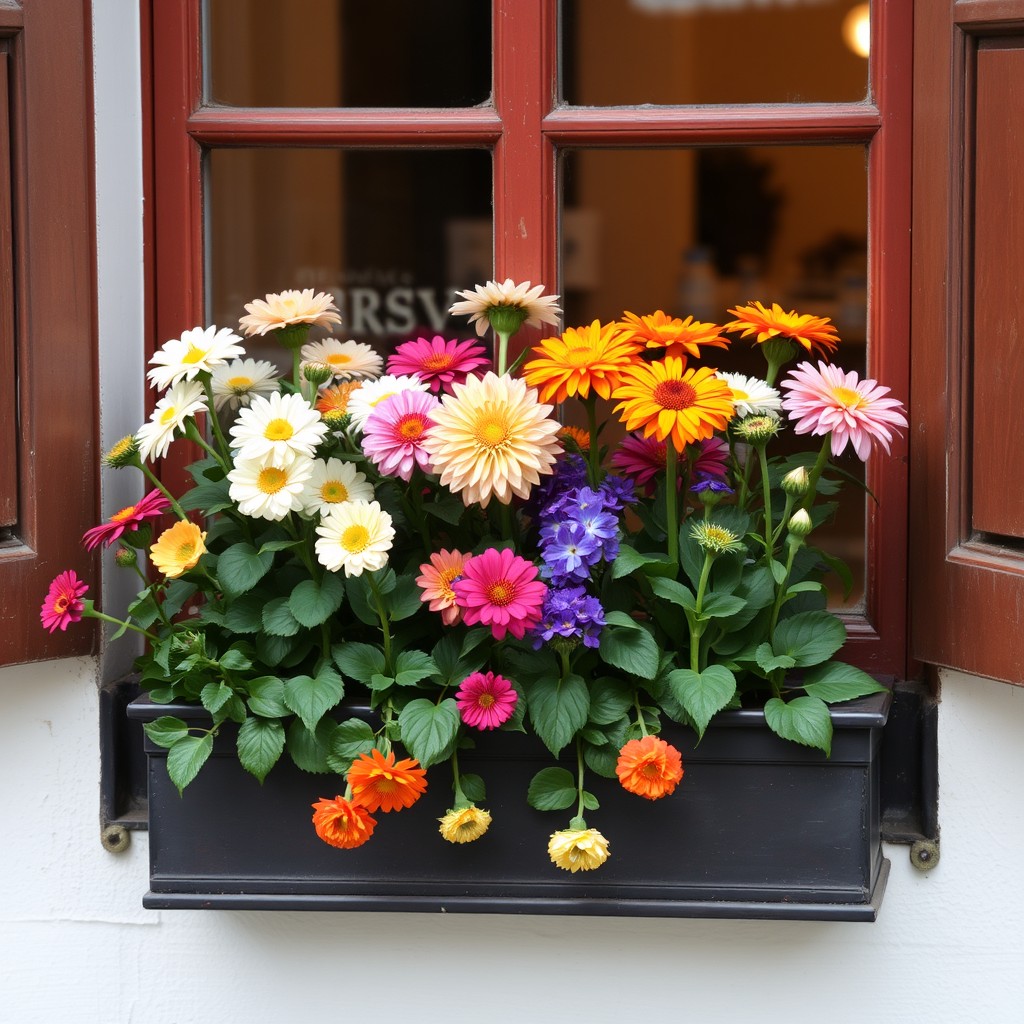
Seasonal Rotation Without Replanting
Clever combinations facilitate easier display updates throughout the year without complete replanting. Removable pots with layering or modular inserts make for instant seasonal updates.
Swag with perennials or evergreens as the anchor. Substitute in smaller annuals or flowering bulbs as accents. It prevents waste, is cheaper, and guarantees that the box will not appear bare. Boxwood, ivy, and grasses provide structure throughout the entire year. Insert daffodils in spring, zinnias in summer, and mums in fall.
Its low-effort transitions are visually interesting with minimal disruption. Window boxes become part of routine such as setting up for meals or changing curtains, with fresh energy from every shift.
Innovative plant pairings transform plain window boxes into dramatic garden statements. Fine combinations pay off with beauty, utility, and personality. With an eye for detail and some experimentation, even the tiniest ledge will reflect profound engagement with season, place, and style.




